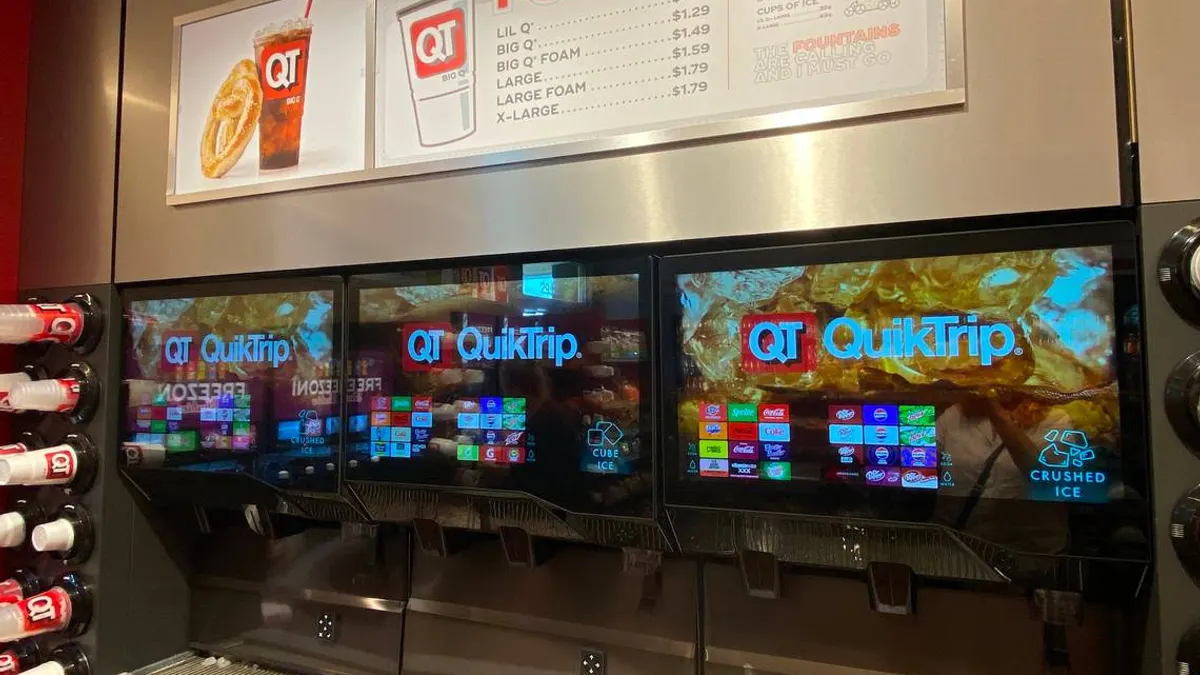Dive Brief:
- Work-life balance is a driving force in Generation Z’s employment decisions, according to a report this week from HR strategy firm Top Employer Institute.
- More than 80% of respondents said it’s important to have flexibility in their scheduling and in the wellbeing offerings provided by employers. Additionally, nearly two-thirds said they would take a lower salary for a better work-life balance.
- With Gen Z expected to make up more than a quarter of the workforce by 2025, understanding their expectations can help retailers attract and keep the next generation of workers. This will be vital for the convenience store industry, which has had an especially difficult time with employee turnover.
Dive Insight:
Gen Z workers also look for leadership that supports worker wellbeing and creates a collaborative and motivating culture, according to the survey.
“The results showcase that Gen Z values work-life balance, purpose-driven employment, and opportunities for growth more than previous generations,” Jake Canull, regional director for Top Employers Institute, said in the announcement. “The data finds organizations that adopt these priorities are better positioned to attract and retain top talent from the Gen Z workforce.”
When it comes to training, 80% of respondents said that employers have a duty to continue upskilling their employees. Companies like Sheetz and Love’s Travel Stops & Country Stores, have addressed this point by offering continuing education programs for workers.
Respondents rated “emotional intelligence” as the most important quality for leaders.
The report also suggested that younger workers view employment as more impermanent than older generations and expect to move seamlessly between jobs or even types of employment. This can create a disconnect between Gen Z workers and HR teams’ approach and expectations. The report pointed out that a vast majority of Gen Zers have not shown up to interviews or even new jobs in the past.
“This may be infuriating for hiring managers, but for Gen Z, it is a logical continuation of how they view the world of work: a global ecosystem in which they are free agents with the ability to choose the teams, roles, and organisations that suit them best,” the Top Employer Institute wrote in its report.
The report noted that companies with HR practices like employee referral programs and talent-sharing networks do better at attracting Gen Z workers.
When it comes to health, 81% of respondents said employers should support the physical well-being of their employees, and 83% said they should support worker’s mental health.
The Top Employers Institute spoke to 2,366 large global employers and 1,700 people aged 18–27 across nine countries and four continents for its report.











